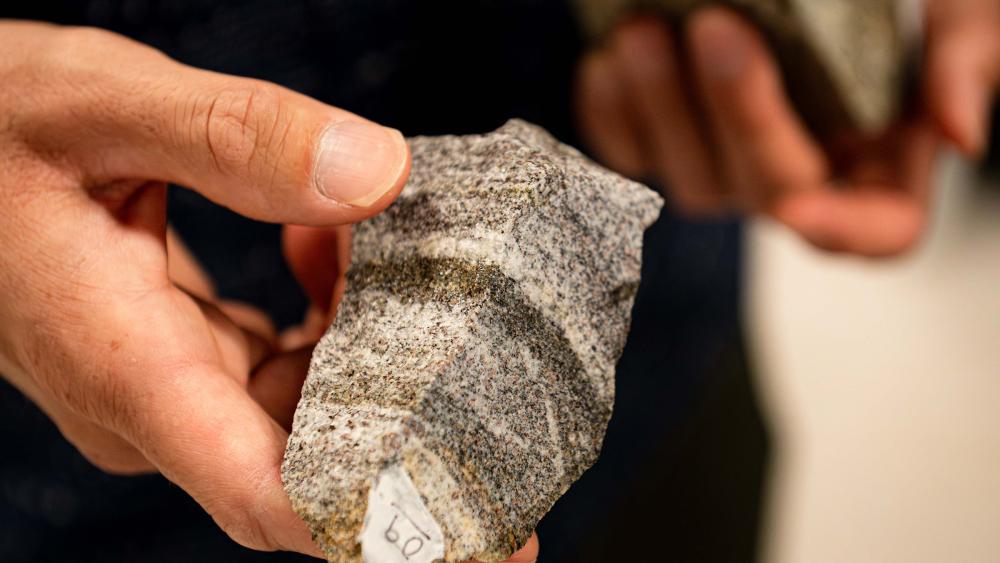The researchers distinguished between high-temperature (HT) and ultrahigh-temperature (UHT) conditions. Smye and his co-author, Peter Kelemen, professor of earth and environmental sciences at Columbia University, noticed a striking consistency to…

The researchers distinguished between high-temperature (HT) and ultrahigh-temperature (UHT) conditions. Smye and his co-author, Peter Kelemen, professor of earth and environmental sciences at Columbia University, noticed a striking consistency to…